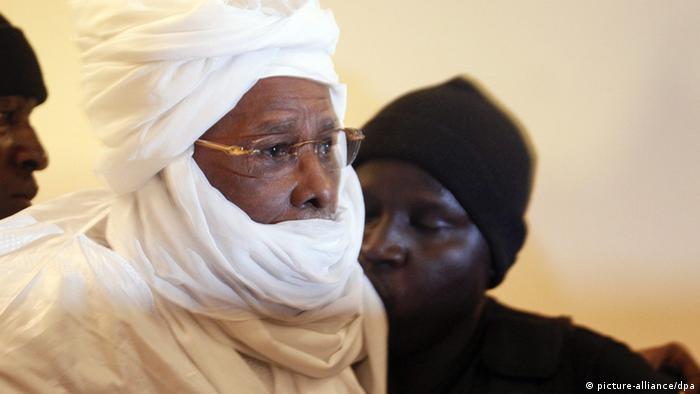Date: Sun, 1 Jan 2017 20:05:44 +0100
Year in Review: The stories that moved Africa in 2016
From cowardly terror attacks to courageous acts of protest to autocrats who won't relinquish power to defeated candidates who congratulate their victorious opponents were just some of the events that moved Africa in 2016
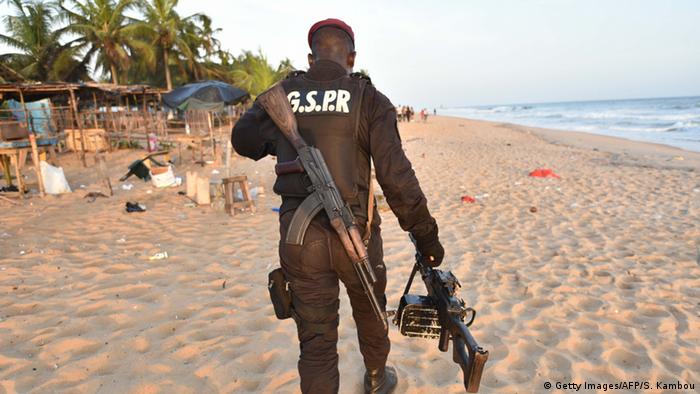
Terror hits coastal town
Islamist militants killed 19 people in the coastal town of Grand Bassam in the Ivory Coast in March but it was not the first terror attack of 2016. In January, al Qaeda in the Islamic Maghreb (AQIM) raided a hotel in the Burkinabe capital Ouagadougou and killed dozens. Just a few weeks earlier, there had been a kidnapping with fatalities in Bamako, Mali. Terrorism had come to West Africa.
Life sentence for Chadian ex-dictator
Hisswene Habre was given life imprisonment for war crimes. An estimated 40,000 people were killed during the eight years of his despotic rule in Chad beginning in 1982. The judgment was handed down by a purely African special tribunal in Senegal, installed at the initiative of the African Union. Senegal did not want to extradite Habre to the International Criminal Court (ICC).
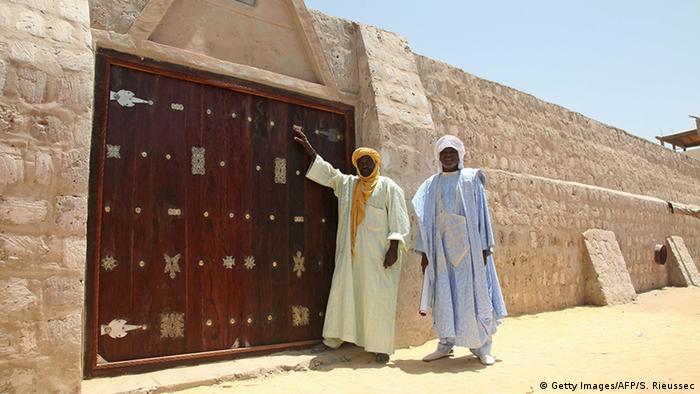
Justice for Mali's battered cultural heritage
The Sidi Yahya mosque in Timbuktu was reopened on September 19. Six years ago, Islamist militants had razed it to the ground. It took five months just to restore the doors. In a historic decision, the ICC gave Ahmad Al Mahdi, a member of Ansar Dine, a Tuareg Islamic extremist militia in North Africa, a nine year jail term for the destruction of the UNESCO-listed cultural heritage site.
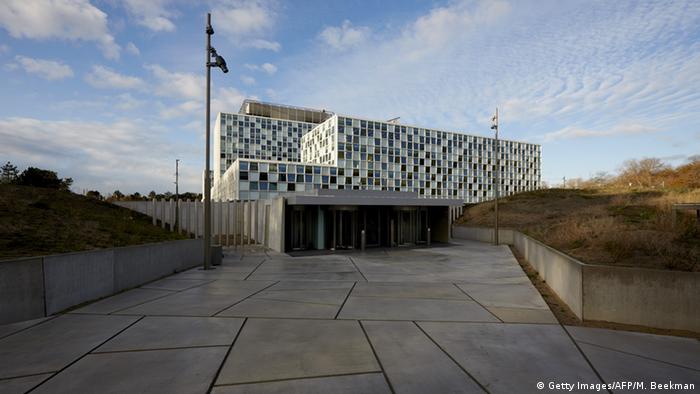
Unpopular criminal court
Despite the highly regarded cultural heritage conviction, the ICC's opponents became increasingly vocal in Africa in 2016. They said the court was treating Africa unfairly and ignoring cases elsewhere in the world. Burundi, Gambia and South Africa announced their withdrawal from the ICC. Critics allege that these countries are trying to shield their controversial rulers.
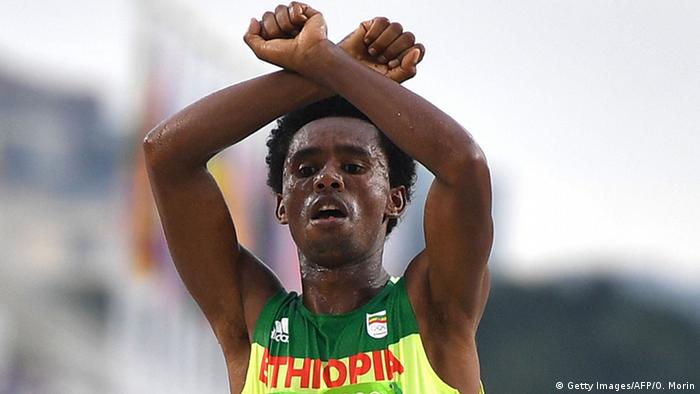
Arms crossed for a better life
At the Rio Olympics, Ethiopian marathon runner Feyisa Lilesa crossed the finish line in second place with his arms crossed high above his head in protest at his country's autocratic regime and its repression of the Oromo ethnic group. In Bishoftu in October, protesters doing the same gesture provoked soldiers into opening fire, causing a stampede that killed over 50 people.
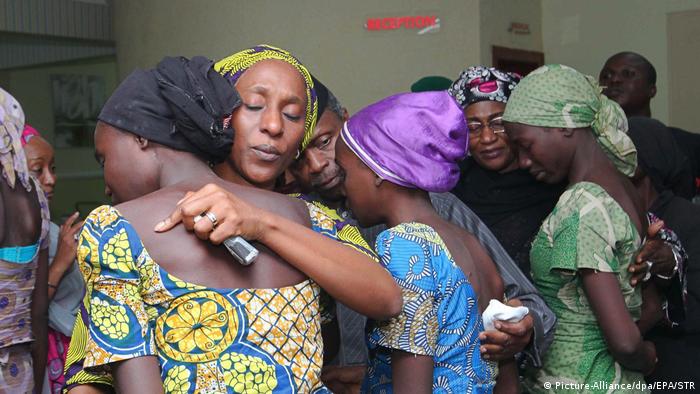
Hope for Nigeria's Chibok girls
After two and a half years of nagging uncertainty, the parents of 21 of the kidnapped Chibok schoolgirls were reunited with their daughters in October. Their release had been negotiated with Boko Haram. But ten times as many girls are still in captivity and Boko Haram continues to terrorize parts of northern Nigeria and the border regions of neighboring countries.
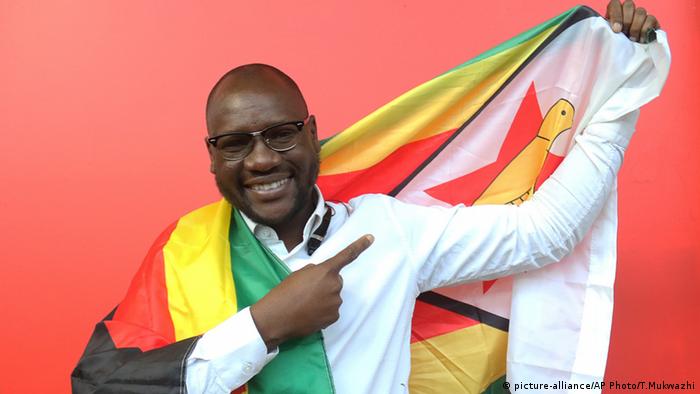
#ThisFlag: Protesting pastor in Zimbabwe
With his #ThisFlag campaign, Pastor Evans Mawarire goaded Zimbabweans into action. "The green in our flag stands for our harvest. But I can't see any of it," he said in a video on social media. Thousands joined his protests against economic mismanagement and waste under longtime President Robert Mugabe. In July, they brought Harare to a standstill and more protests are planned.
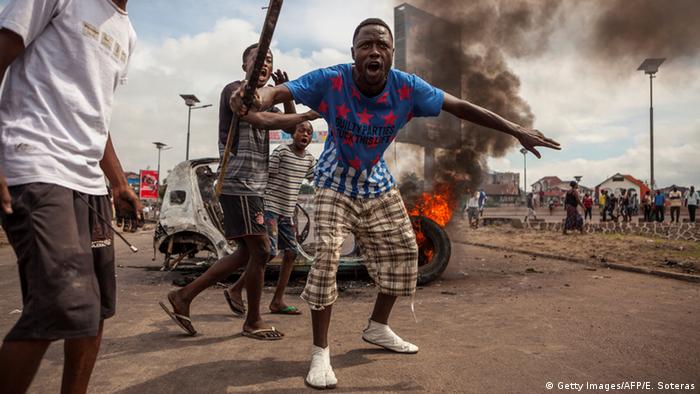
Protests and no election in DR Congo
Opposition and civil society took to the streets of the Democratic Republic of Congo to protest President Joseph Kabila. They had wanted to make use of their constitutional right to elect a new president in 2016. But Kabila refused to relinquish power after his second term ended in December. Negotiations to solve the impasse are ongoing.
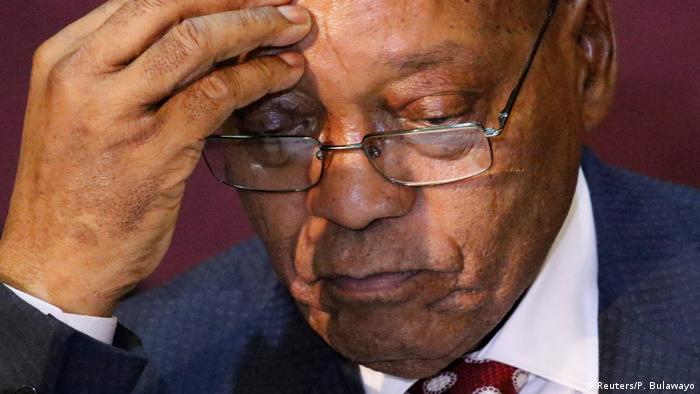
End of the road for South Africa's president?
It has been a bad year for President Jacob Zuma. A report by anti-corruption Commissioner Thuli Madonsela showed that the wealthy Gupta business clan wielded massive influence over his presidency. South Africans were also angry when they heard that taxpayers' money had been spent on Zuma's private residence. He was unmoved by the uproar, surviving a parliamentary motion of no-confidence.
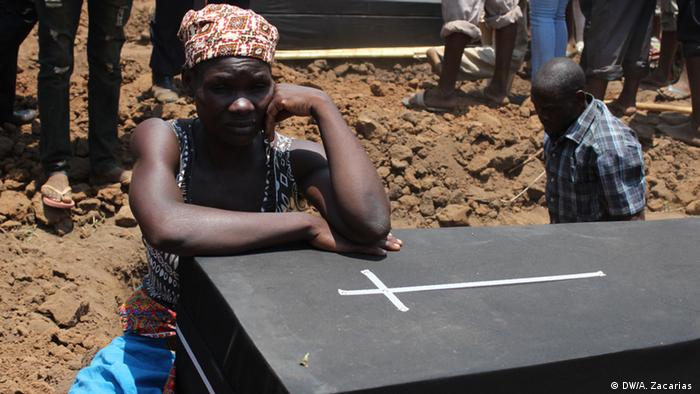
Tragedy and fiscal woes in Mozambique
A fuel truck exploded in Mozambique's Tete Province killing more than 70 people. The accident occurred while petrol was being siphoned out of the tanker illegally. It was tragically symbolic of the dilapidated state of a country which has been practically bankrupted by corruption. Mozambique also witnessed skirmishes between army and opposition rebels while facing an unresolved government crisis.
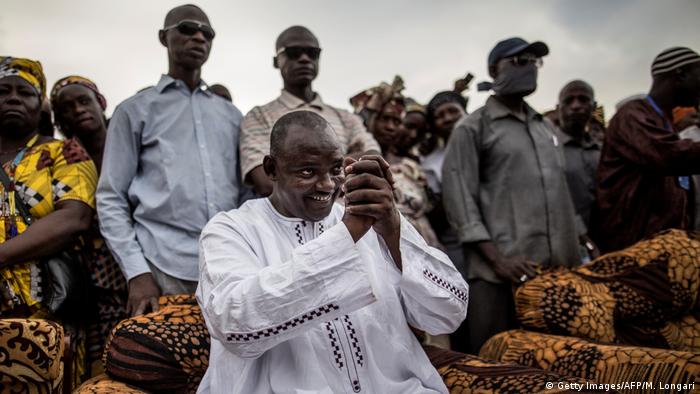
Gambia's miracle or Gambia's nightmare
In a surprise, almost miraculous election victory, opposition candidate Adama Barrow was chosen as Gambia's new president to succeed autocrat Yahya Jammeh, who was in power for 22 years. The second surprise was that Jammeh conceded defeat only to do a U-turn weeks later and declare that he was the legitimate winner of the poll. The electoral crisis is ongoing.
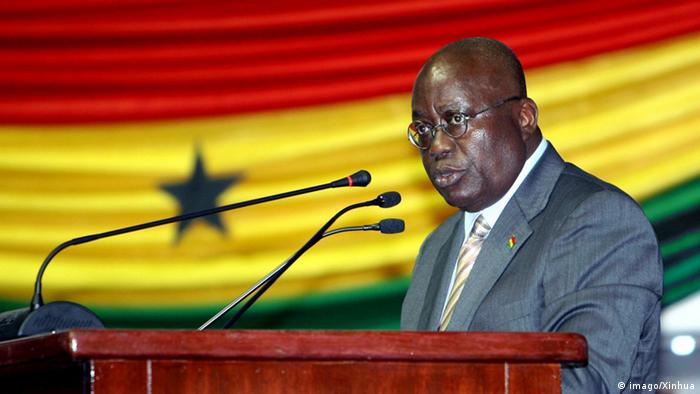
Elections: Ghana leads the way
Once again, Ghana has shown itself to be a model African democracy. Opposition candidate Nana Akufo-Addo won the presidential elections in December in his third attempt at the office. Incumbent John Mahama congratulated him on his victory and conceded defeat. Voters withheld their support for him because of poor economic growth, a chronic energy crisis and high unemployment.
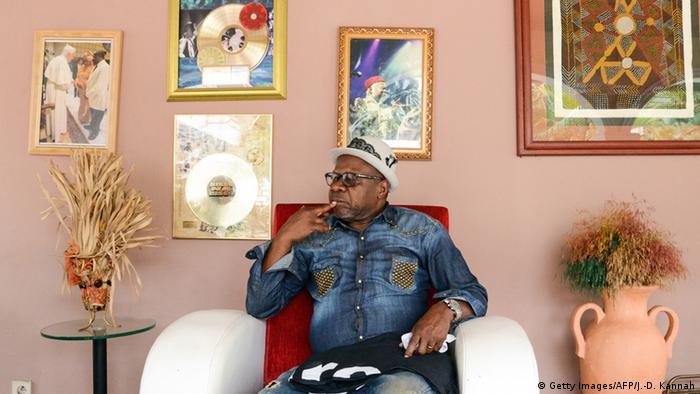
Farewell to Congo rumba king Papa Wemba
There have been many rumors of Papa Wemba's demise in the past. But this time there was no room for doubt. The 66-year-old singer and king of Congolese rumba died after collapsing on stage in Abidjan, Ivory Coast. Many mourned the loss of a singer who gave Congo a new status in the musical world. He said he didn't make Congolese or African music but 'simply music.'
